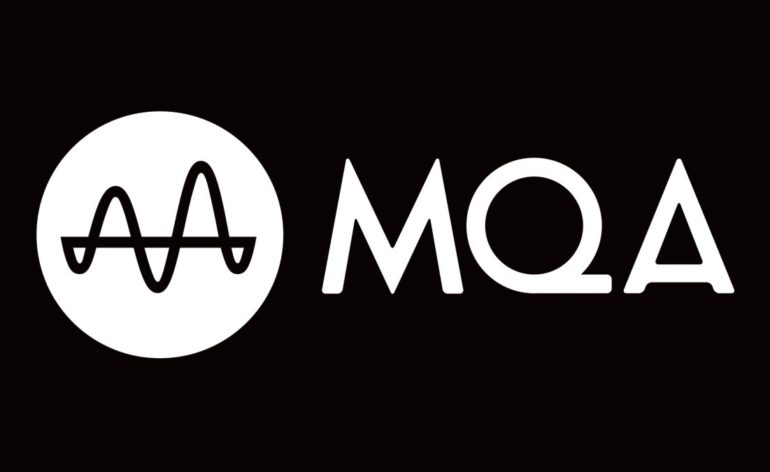What is MQA and Should You Care?
If you’ve spent any time streaming music, you’ve probably heard of MQA. MQA stands for Master Quality Authenticated. It is an audio format first launched at Meridian Audio, a high-end audio company. When people talk about MQA, they are often worried about getting the highest quality streaming audio. It is often referred to in the same breath as Hi-Res audio.
That is a mistake.
So, What is Master Quality Authenticated Really?

MQA is a container. Much like MP3, FLAC, and WAV, MQA is a format in which music is stored. It is a way of transporting the music from the source to your speakers in a small enough package that it can be streamed over the Internet. With the proper encoders and decoders, you can enjoy hi-res audio without having a crazy fast Internet.
But that isn’t all it is. The real promise of the codec is that it allows the original, Hi-Res master done at the studio to be encoded directly into the codec. This promises sound quality identical to the studio master in a much smaller (filesize compressed) package. When you see “MQA Studio” on the album, it means that the original owners of the music have authenticated the recording. It should mean that the download is of the highest quality. When that file is uncompressed, you should hear every bit of the original master. Hi-res in a small package. It is the dream of every audiophile.
But are All MQA Recordings the Same?

In a word, no. MQA purports to be a compressed version of original masters. But not all masters are created the same. The guidelines make suggestions to studios, but there is no guarantee they follow them. There have been comparisons of the MQA tracks and the CD versions with no discernable differences.
But, you say, I’ve used Tidal and the MQA version was clearly superior to the low-res version. That is probably true. But you don’t give credit to the suitcase for the clothes it carries. MQA is simply a container, a codec. If you put quality in, you get quality out. With an existing recording, the mix that is used for the MQA version doesn’t have to be the same as the one that was sent out to the streaming services. We have seen evidence that the MQA versions of some tracks are longer than other versions, suggesting that the mix was different. So are you hearing the differences because MQA is better, or is it because the MQA version is different?
So You Are Saying You Don’t Like Master Quality Authenticated as a Format?
Not true. What I don’t like is blanket statements like, “MQA is better than…” We’ve heard the same thing about SACD, DSD, DVD-A, and many other formats. All of these are containers. What I do like is anything that incentivizes well-mixed audio. If MQA encourages better mixes, then I don’t care if it comes on a CD, in MQA, or MP3. That better mix will sound better than a bad mix regardless of the container (anyone remember when the CD version of a Metallica album sounded worse than the Guitar Hero version?), Better music is better. And more better music is great!



A codec and a container are two different things.
A codec is an algorithm or a mathematical expression to encode a stream of information.
A container is a file format that is used to transport one or more streams of information, either encoded or raw.